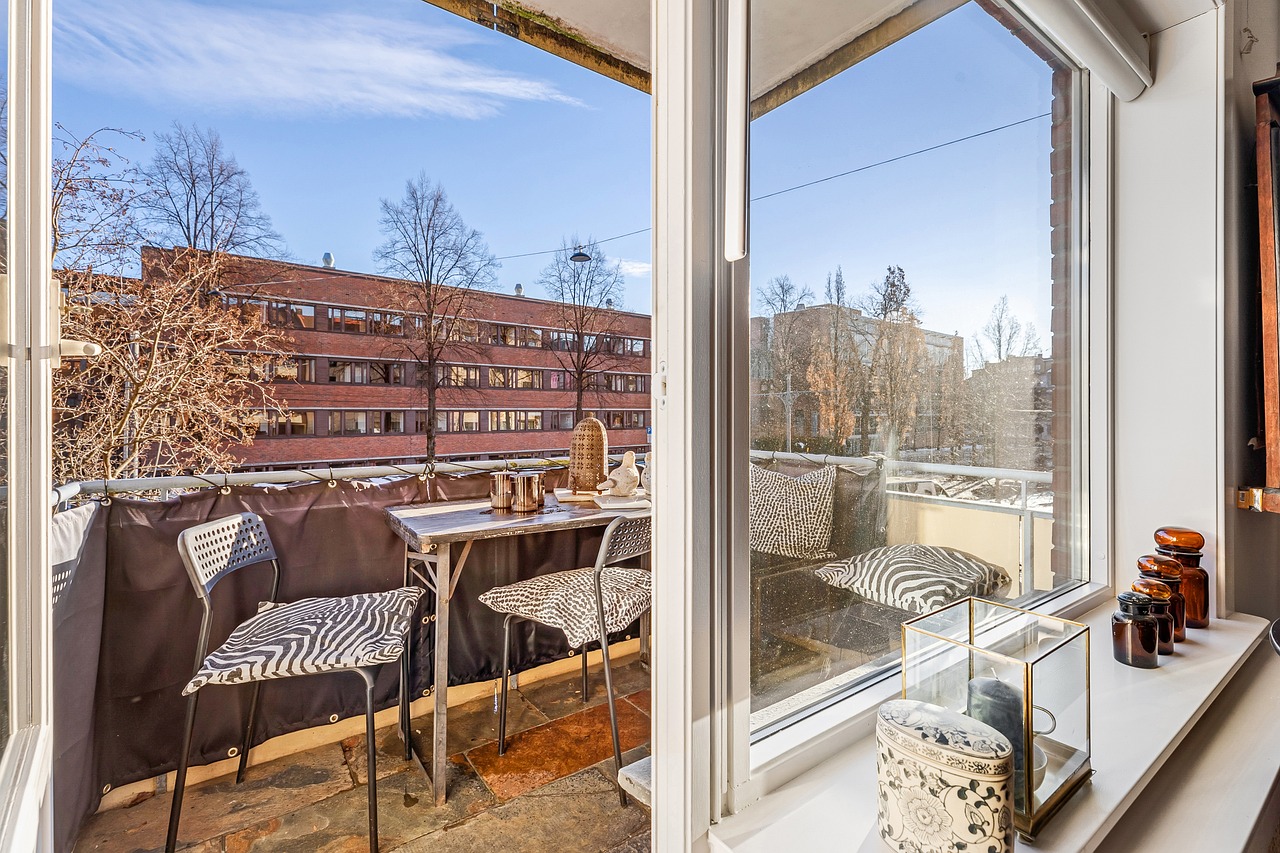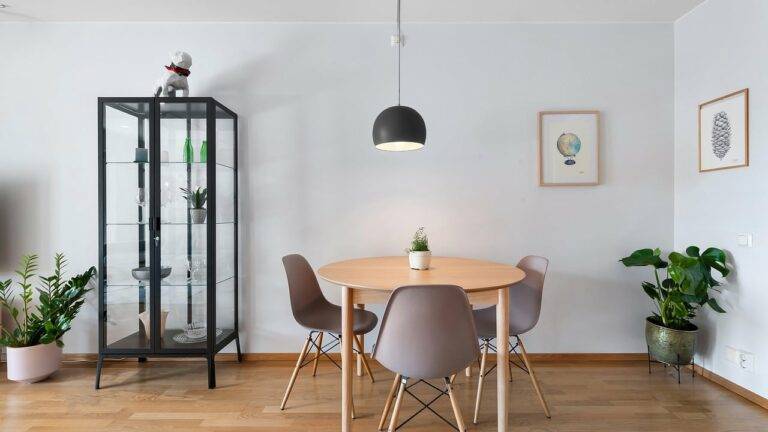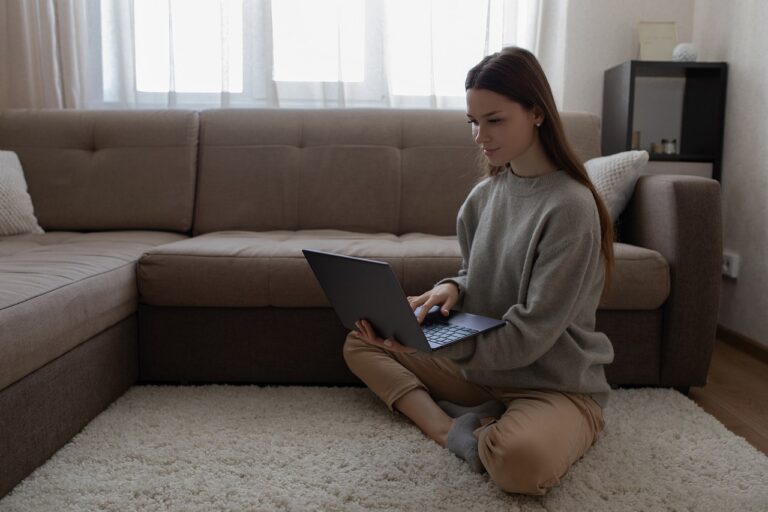The Role of Ventilation in Indoor Air Quality: Betbook250 com login, 11xplay reddy login, Yolo247
betbook250 com login, 11xplay reddy login, yolo247: Indoor air quality is a crucial aspect of our overall health and wellbeing. Poor indoor air quality can lead to a host of issues, including respiratory problems, allergies, and even more severe conditions such as asthma. One of the key factors that determine indoor air quality is ventilation.
Ventilation plays a significant role in maintaining clean and fresh air inside our homes, offices, and other indoor spaces. Proper ventilation helps to remove pollutants, such as dust, mold, and harmful chemicals, from the air, while also reducing moisture levels that can lead to mold growth.
Here are some key ways in which ventilation impacts indoor air quality:
1. Removal of Indoor Pollutants:
Effective ventilation systems help to remove indoor pollutants, such as volatile organic compounds (VOCs), formaldehyde, and other harmful chemicals that can be emitted from household products, furniture, and building materials.
2. Control of Humidity Levels:
Proper ventilation can help to control humidity levels inside a building, preventing excess moisture that can lead to mold growth and the proliferation of dust mites.
3. Dilution of Indoor Air Pollutants:
Ventilation systems help to dilute indoor air pollutants by bringing in fresh outdoor air and expelling stale indoor air, creating a healthier and more breathable indoor environment.
4. Prevention of Sick Building Syndrome:
Sick Building Syndrome (SBS) is a condition where occupants experience acute health effects linked to time spent in a building. Proper ventilation can help to reduce the risk of SBS by ensuring adequate air circulation and quality.
5. Improved Comfort and Productivity:
Good ventilation contributes to a more comfortable indoor environment, leading to increased productivity and overall wellbeing for building occupants.
6. Energy Efficiency Considerations:
While ventilation is essential for indoor air quality, it’s important to consider energy efficiency when designing ventilation systems to minimize energy consumption and operational costs.
In conclusion, ventilation plays a crucial role in maintaining indoor air quality and ensuring the health and wellbeing of occupants in indoor spaces. By investing in proper ventilation systems and regular maintenance, we can create healthier and more comfortable environments to live and work in.
FAQs:
Q: How often should I change the filters in my ventilation system?
A: It’s recommended to change the filters in your ventilation system every 3 to 6 months, depending on usage and the type of filter.
Q: Are there any ways to improve ventilation without installing a new system?
A: Yes, you can improve ventilation by opening windows and doors, using exhaust fans, and incorporating natural ventilation techniques.
Q: Can poor ventilation lead to health problems?
A: Yes, poor ventilation can lead to a range of health problems, including respiratory issues, allergies, and exacerbation of existing conditions like asthma.







